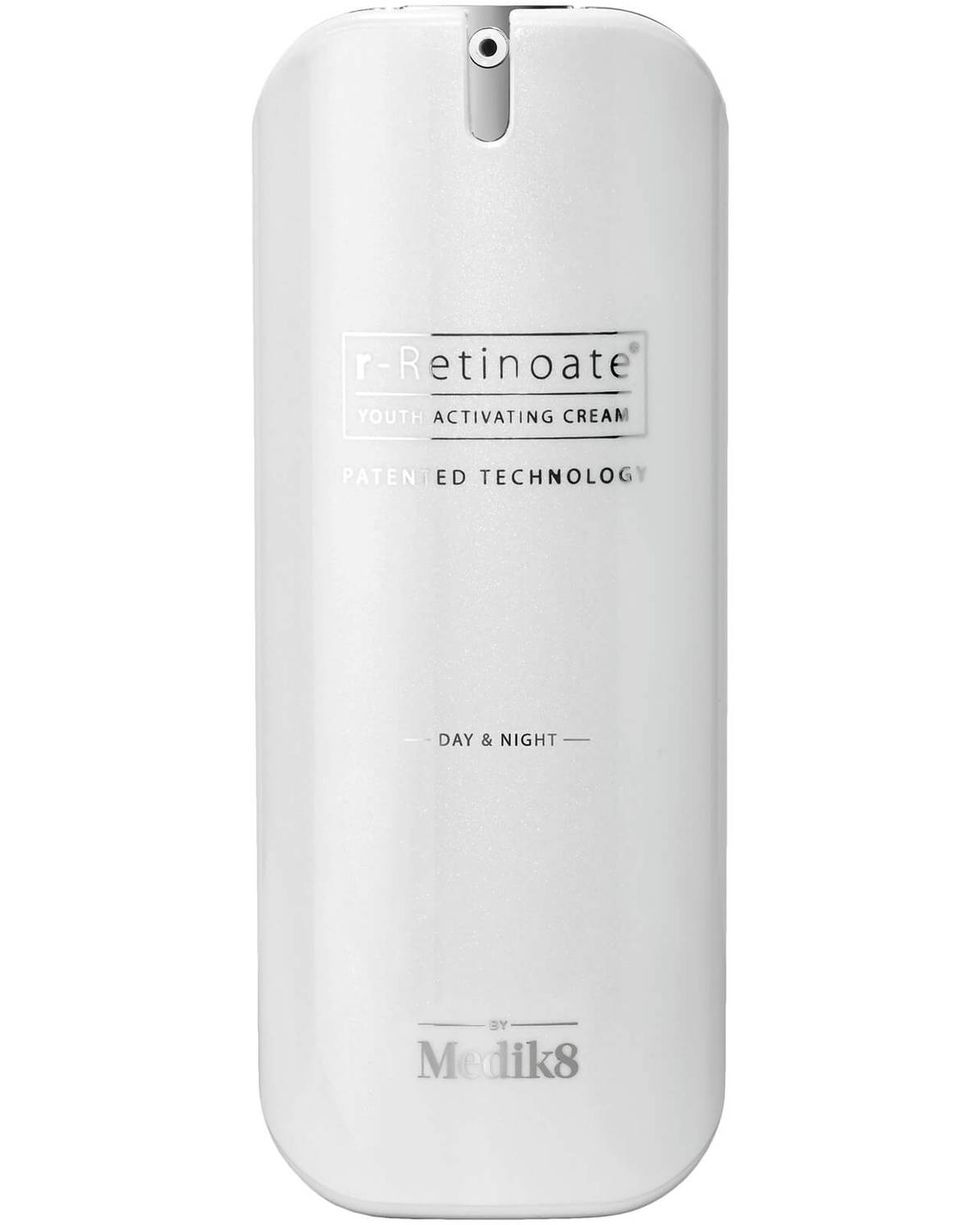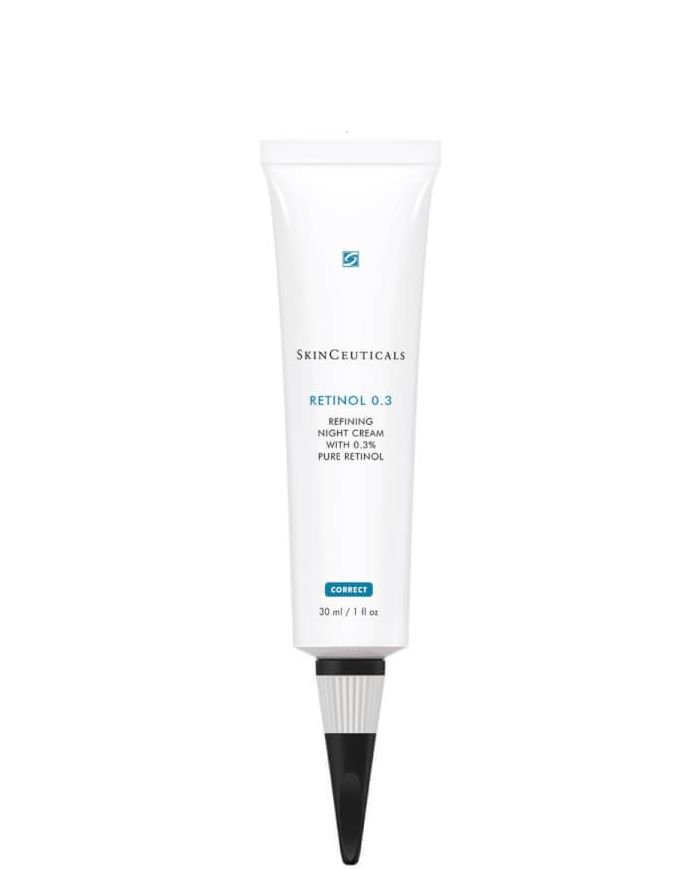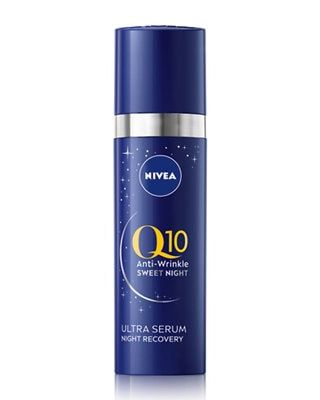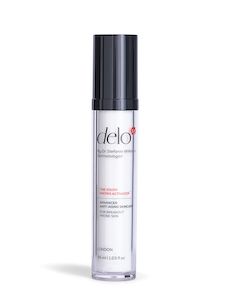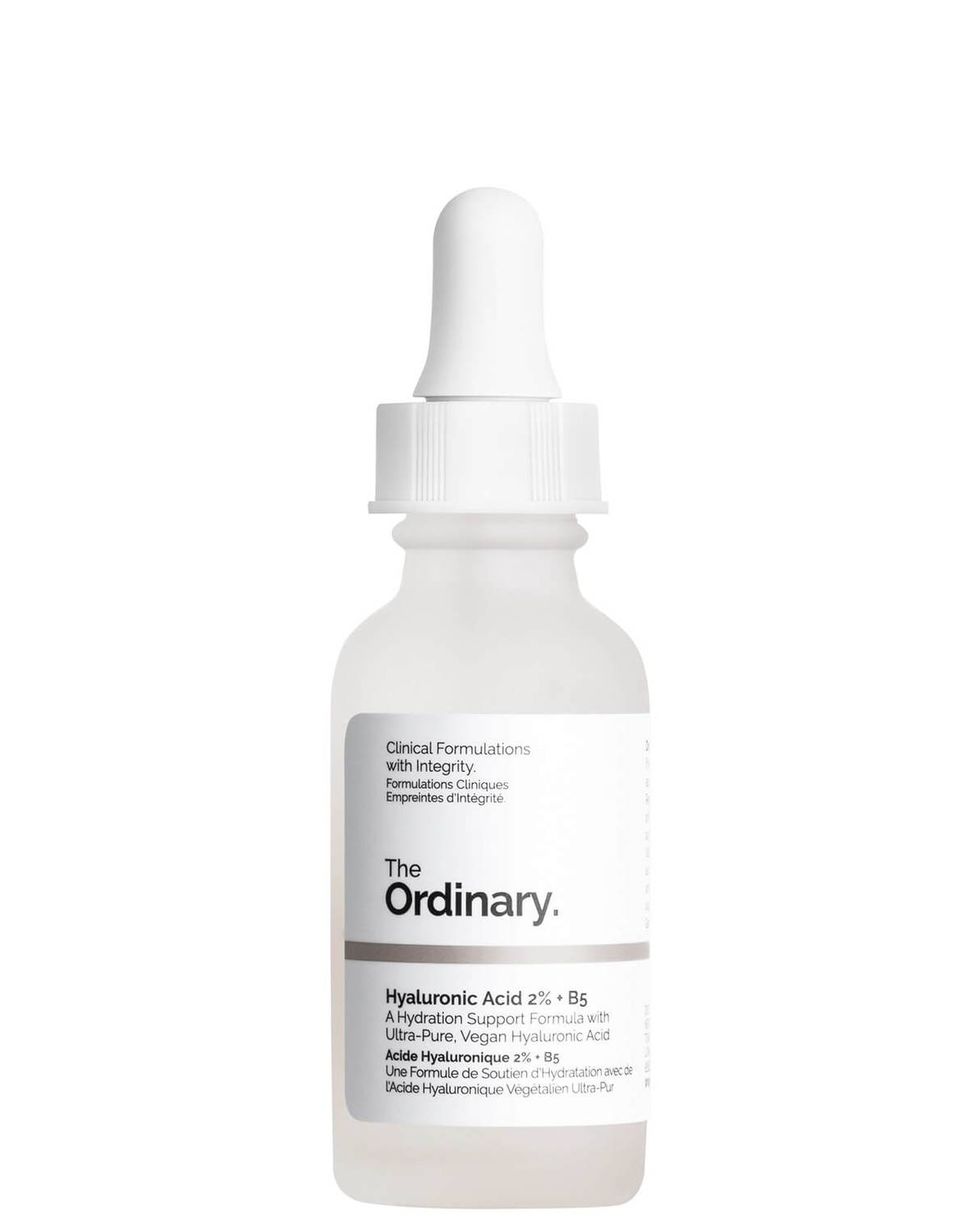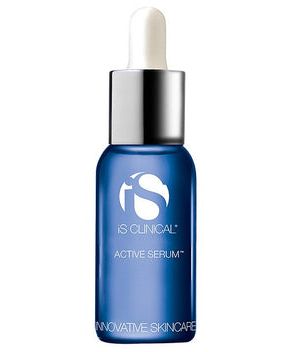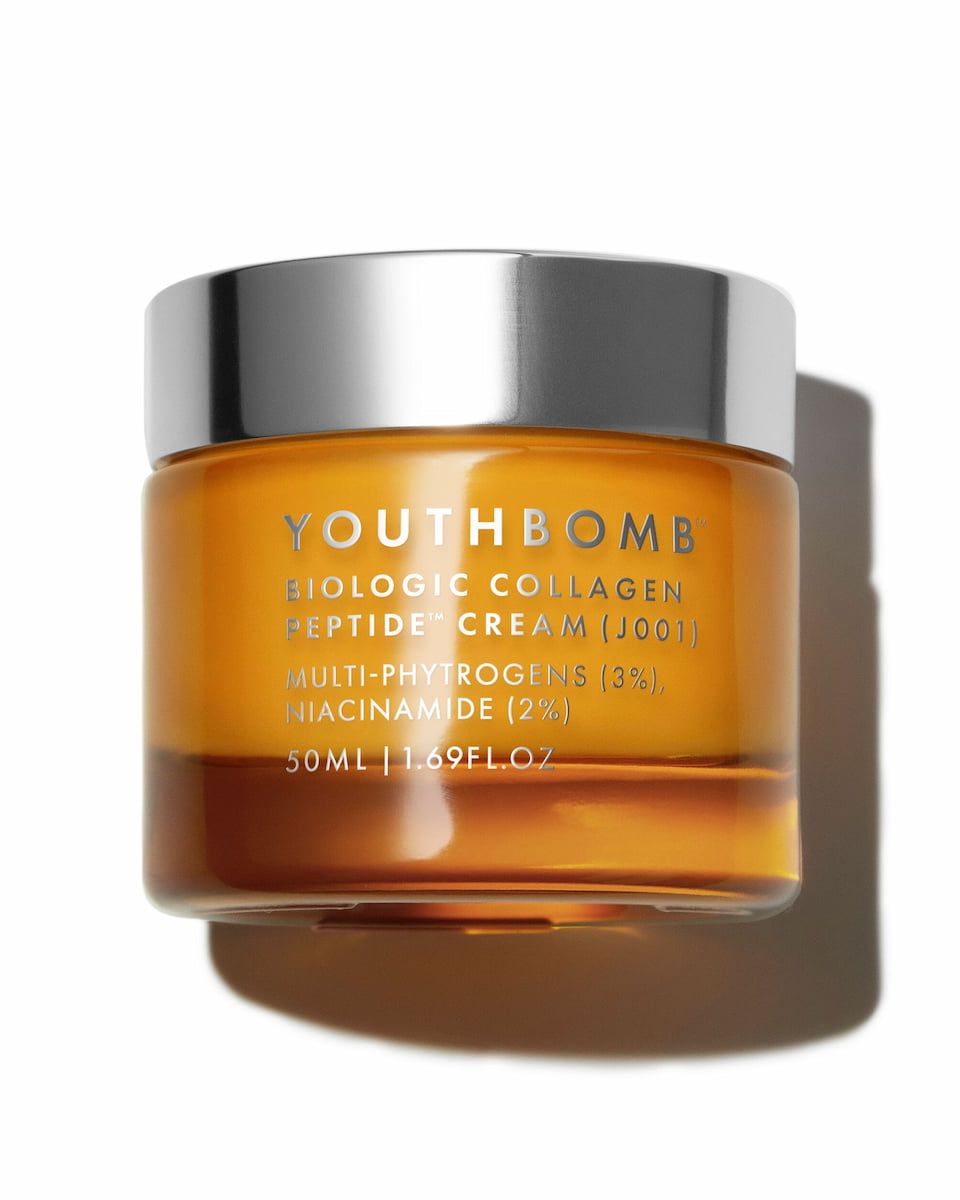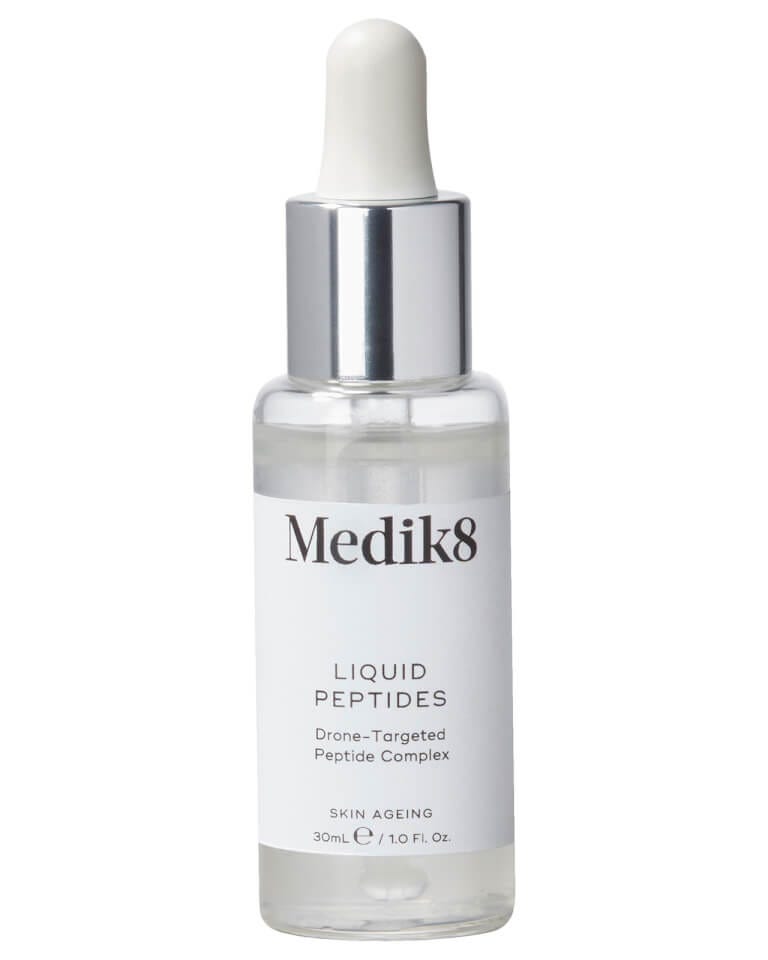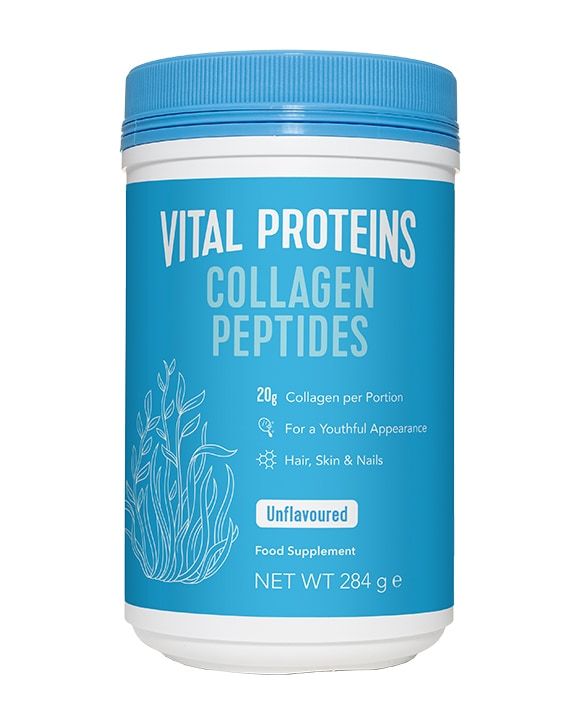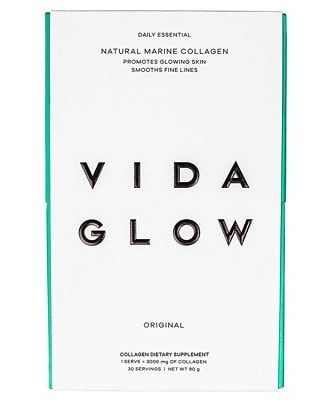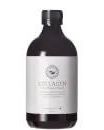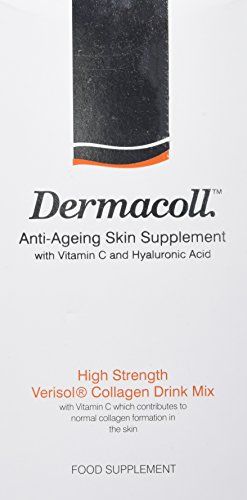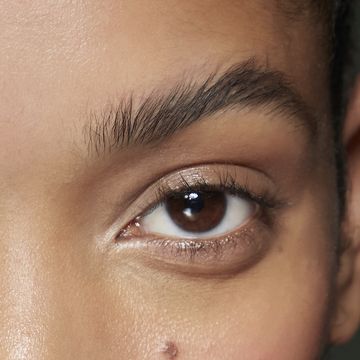Collagen. It's the skincare buzzword that's turning up in everything, from our daily serums, to our moisturisers, and to our supplements. Touted as the secret to super glowy, plump skin that defies time to look enviably youthful, collagen is having a moment.
But what is it? Does it work? And how does it affect our skin?
We turned to the pros to discover everything you need to know about collagen for your skin - whether you're boosting it topically via your daily skincare routine, or eating your way to an amazing complexion from the inside out...
What is collagen?
Unlike other skincare ingredients, our body already contains and produces collagen, however, as with all fun things to do with ageing, the issue is that its levels decrease over time.
'Collagen is a protein that’s found throughout the body, particularly in skin, bones, ligaments and tendons, but also teeth, and connective tissues,' explains dermatologist and Eudelo founder, Dr Stefanie Williams. 'In skin, collagen provides strength, firmness, and elasticity and is produced by fibroblast cells in the dermis, the middle layer of the skin. Collagen makes up about 70% of the dermis.'
Why do we need collagen in our skin?
As the main part of our dermis, collagen is a pretty essential ingredient to healthy, good-looking skin with a successful barrier function. Which is why decreasing levels of collagen can have a multitude of effects on our complexion.
'Collagen is vital for maintaining skin elasticity, strength and health, while encouraging cell regeneration to replace and restore dead skin cells,' says contributing ELLE editor, skin expert and NIVEA Q10 Brand Ambassador, Dr Ewoma. In short, collagen is the key to youthful, plump skin with a healthy level of bounceback.
What causes the collagen levels in our skin to decrease?
Surprise! It's down to ageing, of course. Post 34, it's all downhill.
'As we age, our skin gets a little "lazy" and collagen production naturally slows down,' explains Dr Stefanie. 'Environmental factors such as UV exposure will also lead to collagen being degraded more quickly. Many of the typical signs of ageing such as wrinkles and slackness have their origin in the dermis, the collagen-containing middle layer of our skin. The loss of collagen and elastin from our skin leads to reduced firmness and elasticity. This, combined with the effects of gravity, causes our skin to sag and wrinkle.'
As Dr Ewoma cheerfully puts it: 'The number one cause of skin ageing is the loss of collagen.'
What are the benefits of increasing collagen levels in your skin?
Aside from a really, really good looking complexion, rejuvenating the collagen levels in your skin can have other positive effects as well. 'Increasing collagen levels can help to regain some of the firmness and lustre of more youthful skin as we get older,' says Dr Stefanie. 'Some other potential skin benefits include healthier skin overall, and improved wound healing. It will also help your nails and hair to be stronger.'
Realistically, can skincare help increase your collagen levels?
As with most beauty conundrums, it's a 'yes' and 'no' situation. 'In addition to regenerative in-clinic treatments (e.g. Exo Needling, regenerative lasers and/or RF Needling), home care can nicely support healthy collagen production in our skin,' says Dr Stefanie. However, the skincare products you need might not be the ones that have 'collagen' written across them in massive letters. In fact, it's retinol Dr Stefanie suggests for boosting your skin's time-defying abilities.
'One of the best known topical ingredient groups to stimulate collagen in our skin are retinoids,' she says. 'Retinoid is the family name for all vitamin A derivatives, both prescription versions such as tretinoin and adapalene, as well as over-the-counter compounds such as retinol and retinaldehyde.
'They support collagen production, reduce sun damage, lighten pigmentation, and soften lines and wrinkles. However, they can irritate, so should be introduced gradually and only used as tolerated. Everyone is different and some people might just tolerate them twice a week or so, preferably in the evening, which is fine.'
How can ingestible collagen boost the levels in your skin?
Although skincare products that claim to contain collagen won't often help to boost our own levels, with other actives like retinoids doing the hard work instead, ingesting collagen has been shown to work effectively from the inside out.
'We believe that beauty begins in the belly; our focus is on boosting collagen reserves from the inside out,' explains The Beauty Chef founder, Carla Oates. 'It’s essential to help support collagen formation by consuming enough amino acids from protein-rich foods as this builds and boosts our collagen stores as well as the essential vitamins and minerals (including vitamin C and zinc) which enable our bodies to continue to produce this skin-plumping protein.
'In addition to a well-balanced diet that focuses on wholefoods, including a collagen supplement in your daily inner beauty routine is an excellent way to support your body’s ability to produce, protect and preserve collagen.'
But does it work?
'Collagen supplements do not make collagen in our bodies or provide collagens, but they do help the vitality of the current collagen in our body stay healthy or produce faster,' explains esthetician Caela Bulzing. 'That is a huge misconception with collagen and it’s important to know what you are ingesting.'
All those collagen drinks that claim to be absorbed directly into your blood stream - myth or magic skin solution? According to Dr Stefanie, again, it's a little of both.
'Natural collagen is too huge a molecule to reach your skin intact after swallowing: to be absorbed in the gut, it needs to be digested into smaller units (peptides and amino acids). These small collagen fragments are then distributed throughout the body via the bloodstream, where they remain for several days. Because there are suddenly unusually high amounts of collagen typical building blocks floating around, your skin is essentially "tricked into thinking" there must be some skin breakdown or similar – a major injury, perhaps. So your skin responds to this alert by increasing its own collagen production – conveniently using the building blocks we’ve just supplied.'
So how much collagen should we actually be consuming?
'My preference is a superior quality bovine collagen which is more similar to human collagen than marine types,' says Dr Stefanie. 'My dose recommendation is 10g per day. For any changes in the dermis, I always say wait for three months to start seeing real changes.'
What food can you eat to support collagen production in your skin?
Protein is key, people. So, organic meat, wild fish, and eggs. 'Eggs are on my super food list. Don’t even think about leaving the yolk – some of the best nutrients such as choline, which also supports optimal collagen and elastin formation, are in there,' says Dr Stefanie.
Bulzing recommends the below for optimal collagen diet support:
- Bone broth
- Chicken
- Egg whites
- Citrus
- Berries
- Tropical fruits
- Garlic
- Leafy greens
- Cashews
On the flip side, foods like sugars, white flour, and other refined carbs that can have a negative impact on collagen, as they are known to contribute to a process called glycation, where collagen molecules are cross-linked with sugar molecules, leading to an inferior, stiffer, and more brittle type of collagen.




